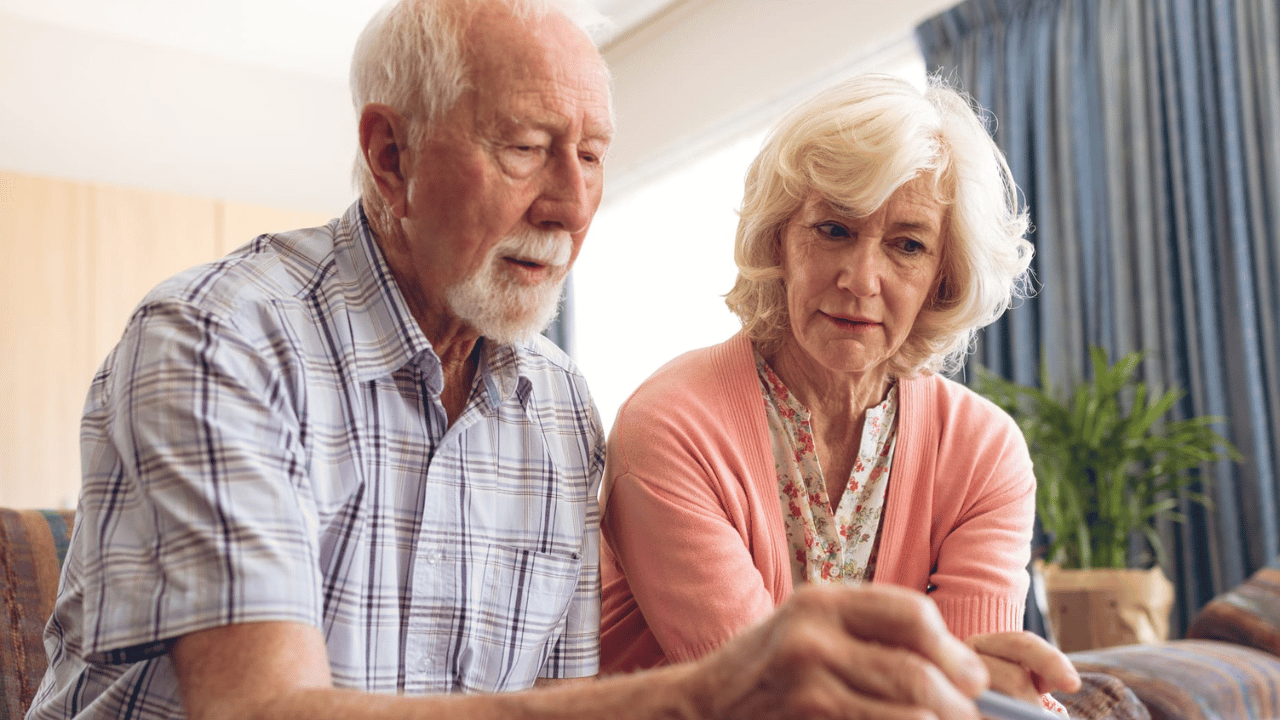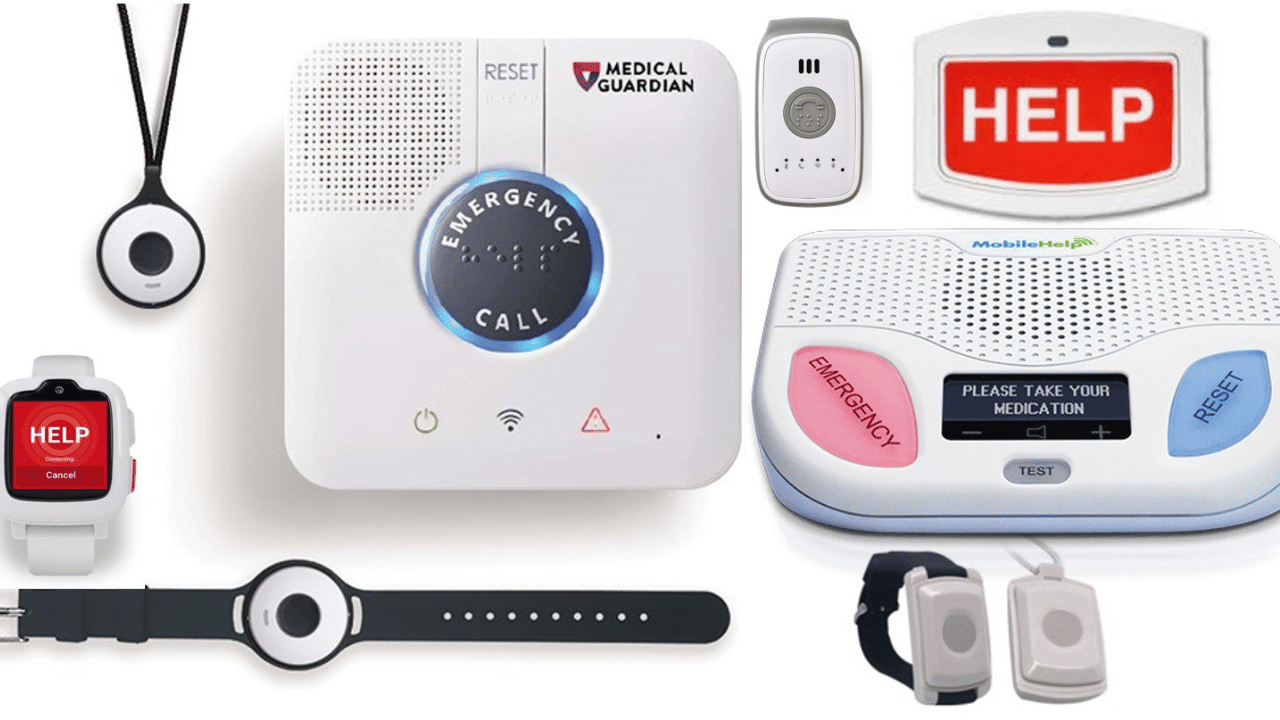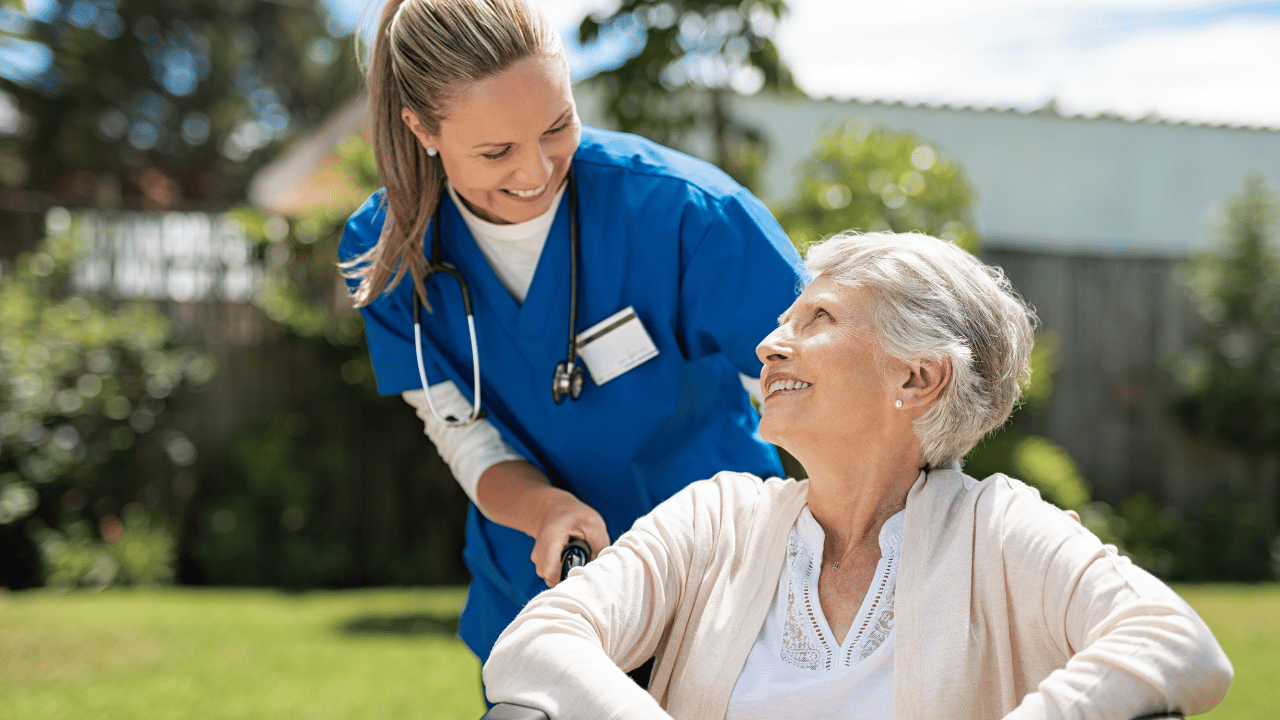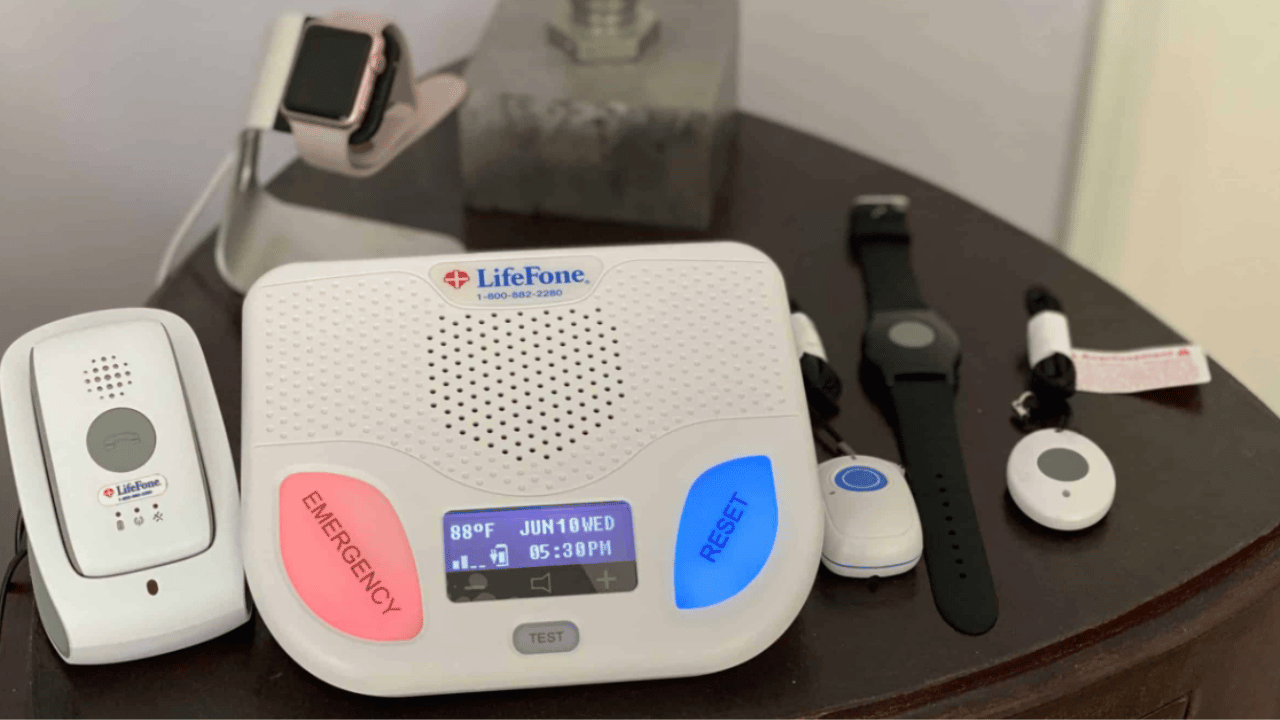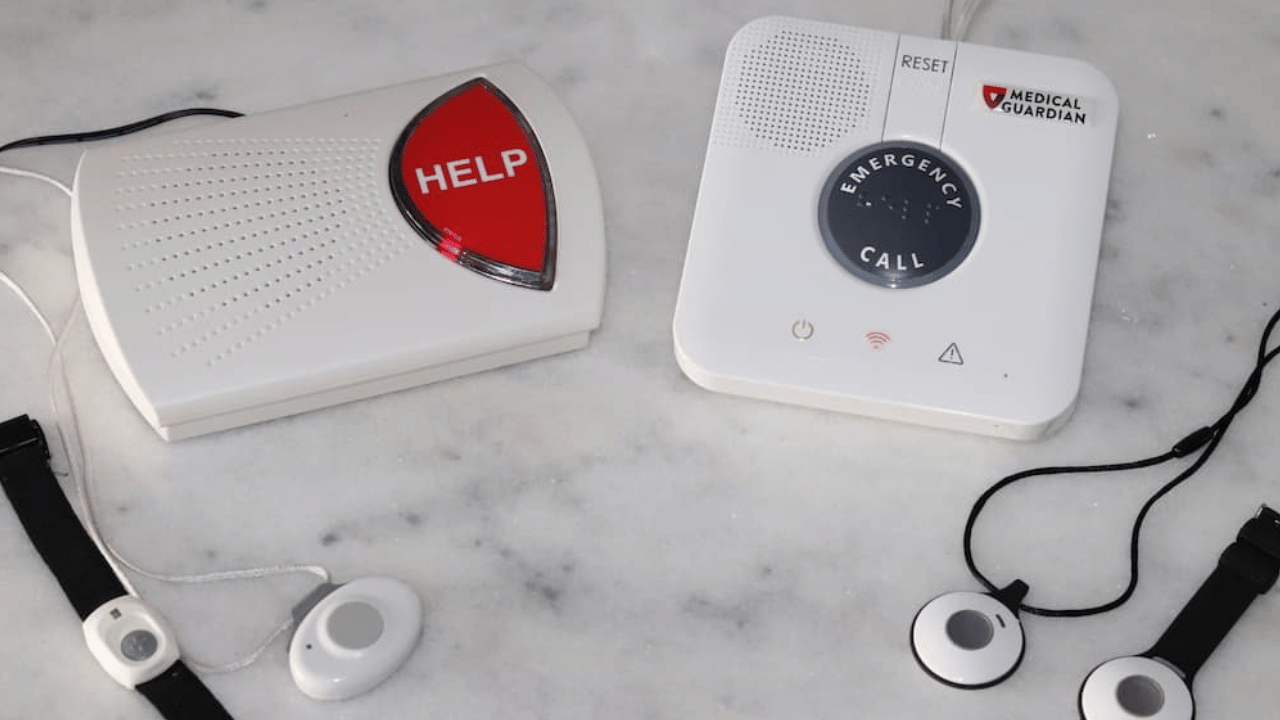The Future of Senior Care: How Medical Alert Systems Contribute to Aging in Comfort
As our population ages, the demand for innovative and efficient senior care solutions is on the rise. One of the key technologies transforming the landscape of elderly care is the implementation of medical alert systems. These devices, once primarily associated with emergency response, have evolved into comprehensive tools that contribute significantly to seniors' ability to age comfortably in their own homes. In this blog post, we will explore the role of medical alert systems in the future of senior care and how they are reshaping the aging experience.
The Current State of Senior Care
Traditionally, when individuals reached a certain age or faced health challenges, moving to assisted living facilities or nursing homes was often considered the default solution. However, advancements in medical alert systems are challenging this paradigm by offering seniors the opportunity to maintain their independence and age in the familiar surroundings of their own homes.
Key Features of Modern Medical Alert Systems
- Emergency Response and Fall Detection:
Today's medical alert systems go beyond the basic panic button. Equipped with advanced sensors and fall detection technology, these devices can automatically detect falls and send immediate alerts to emergency services or designated contacts. This rapid response can be crucial in the event of an accident or medical emergency.
2. Health Monitoring:
Many medical alert systems now incorporate health monitoring features, allowing seniors to track vital signs such as heart rate, blood pressure, and activity levels. This data can be shared with healthcare providers, offering a proactive approach to managing chronic conditions and enabling timely interventions.
3. Two-Way Communication:
Two-way communication capabilities are a game-changer for seniors who may be living alone. With built-in speakers and microphones, these systems allow users to communicate directly with emergency operators or family members, providing reassurance and immediate assistance when needed.
4. Geofencing and Location Tracking:
Geo-fencing technology enables caregivers to set virtual boundaries for seniors. If the individual goes beyond these predefined limits, the system can trigger alerts, ensuring that seniors with cognitive impairments or dementia are kept safe and accounted for.
The Impact on Aging in Place
The ability to age in place, or continue living in one's own home comfortably and independently, is a goal for many seniors. Medical alert systems play a pivotal role in making this goal a reality. Here are some ways in which these devices contribute to aging in place:
- Independence and Peace of Mind:
The comprehensive features of modern medical alert systems provide seniors with a sense of independence and confidence. Knowing that help is just a button press away or that their health is being monitored gives seniors and their families peace of mind.
2.
Reduced Healthcare Costs:
Enabling seniors to age in place with the support of medical alert systems can lead to reduced healthcare costs. By preventing emergency room visits through early intervention and timely medical attention, these systems contribute to a more cost-effective and sustainable healthcare model.
3.
Emotional Well-being:
The emotional well-being of seniors is crucial for their overall health. Being able to stay in familiar surroundings, maintain social connections, and have the security of immediate assistance fosters a positive and comfortable aging experience.
4.
Family and Caregiver Support:
Medical alert systems are not just beneficial for seniors; they also provide a sense of relief for family members and caregivers. The real-time monitoring and communication features allow for remote caregiving, ensuring that help is always available even when physically distant.
Looking Ahead: Future Innovations
As technology continues to advance, the future of senior care holds exciting possibilities for medical alert systems. Predictive analytics, artificial intelligence, and integration with smart home devices are likely to become more prevalent, further enhancing the capabilities of these systems.
- Predictive Analytics:
By analyzing health data over time, medical alert systems can use predictive analytics to identify potential health risks before they escalate. This proactive approach allows for early intervention, preventing emergencies and improving overall health outcomes.
2.
Artificial Intelligence (AI):
AI integration can enhance the personalization of care plans. Medical alert systems can learn from user behavior, adapt to individual needs, and provide tailored recommendations for maintaining health and well-being.
3.
Smart Home Integration:
Seamless integration with smart home devices, such as thermostats, lighting, and security cameras, can create an environment that adapts to seniors' needs. This not only enhances comfort but also contributes to the overall safety and well-being of seniors.
Medical Alert Systems Are the Future of Senior Care
The future of senior care is undoubtedly being shaped by the evolution of medical alert systems. These devices are not only meeting the immediate needs of emergency response but are also becoming essential tools for proactive health management, allowing seniors to age comfortably in their own homes.
As technology continues to advance, the synergy between medical alert systems and other innovative technologies holds the promise of further enhancing the quality of life for our aging population. Embracing these advancements ensures that seniors can not only live longer but also live better in the embrace of cutting-edge care solutions.
Contact us today, our Personal Consultants will assist you with understanding which medical alert is right for you or your loved one.
